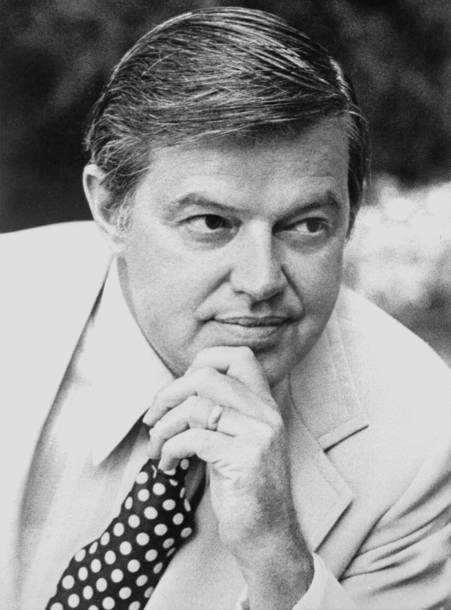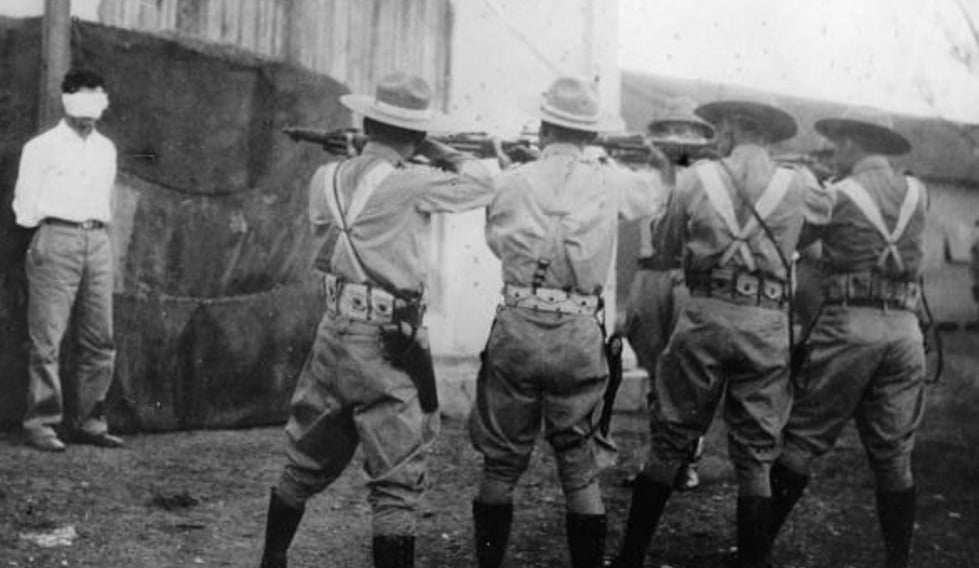The Church Committee and its Revelations
When the CIA's activities finally became exposed
6/5/20245 min read


The CIA was created in 1947 under the administration of Harry S. Truman. While initially being chartered to gather and analyse intelligence, it quickly adopted darker roles and activities that went completely unchecked for three decades. The Church Committee of 1975 was the first ever investigation by Congress of the intelligence community.
Cometh the hour...
Frank Church was a prominent American politician from Boise, Idaho. Born in 1924, he displayed a remarkable talent for oration as a teenager, winning a national competition which gave him the funds to pursue a law degree at Stanford University. Church took a break from his studies during WW2 to serve as an Intelligence officer in the United States Army, an experience that earned him the Bronze Star for meritorious service.
In his twenties, he was diagnosed with cancer and given only a few months to live. Subsequent surgery however, saw him make a full recovery and the brush with death apparently gave him new motivation. Later in life he reflected that "life itself is such a chancy proposition that the only way to live is by taking great chances".
Church did indeed aim high and his entry into politics began with a successful campaign in 1956. At the mere age of 32, he became the US Senator for Idaho, and went on to quickly establish himself as a formidable presence in Washington, known for both his eloquence and principled stances.
Throughout his career, Frank Church exhibited unwavering dedication to the principles of justice, peace, and environmental stewardship. He was a strong advocate for the civil rights movement and a vocal critic of the Vietnam War.


Frank Church, Wikipedia Commons
The Church Committee
The assassination of JFK, the Vietnam War and the Watergate scandal had all sown mistrust in the American public for both the government and intelligence organisations. Voices in Washington began to ask questions as many now realised that the CIA , and other groups had been operating for decades without any form of congressional oversight.
The Watergate scandal in particular, had unveiled significant abuses of power within the Nixon administration, and acted as a catalyst for a broader examination of governmental operations. This atmosphere of growing distrust highlighted the need for a committee to establish what activities were being carried out by US intelligence organisations and perhaps, restore public faith in the system.
The creation of the Church Committee was approved on January 27, 1975, by a vote of 82 to 4 in the Senate.
Senator Church was appointed to lead this pivotal committee. Church by this time, was a well regarded figure in the Senate, known for commitment to transparency and accountability. The committee was tasked with a comprehensive mandate: to investigate alleged abuses by the Central Intelligence Agency (CIA), Federal Bureau of Investigation (FBI), National Security Agency (NSA), and other intelligence entities. This mandate was not only broad in scope but also critical in re-establishing public trust in governmental institutions.
The objectives were clear but ambitious. The committee aimed to uncover and document any illegal or unethical actions undertaken by intelligence agencies, which included covert operations, surveillance activities, and violations of civil liberties.
In its initial stages, the Church Committee faced significant challenges, including resistance from intelligence agencies and concerns about national security. Despite these obstacles, the committee's work was groundbreaking, setting a precedent for congressional oversight of intelligence activities.
The Key Findings
The committee unearthed several significant and alarming revelations about U.S. intelligence operations. While much of the findings were deemed classified, much was unveiled to the disbelief of both the public and many of the senate themselves. One of the most striking findings was the extent of unauthorised surveillance conducted by agencies such as the FBI and CIA. These activities included;
• Widespread wiretapping and infiltration of civil and political organisations.
• Massive bribery of the Japanese government, conducted by the CIA and Lockheed.
• CIA heroin smuggling activities in Myanmar, Laos and Thailand.
• Secret US-backed wars in the third world.
• NSA monitoring programs of politicians who opposed the Vietnam War.
• NSA watch lists of thousands of public figures including actors and athletes.
• Various assassination plots orchestrated by the CIA against foreign leaders.
• Covert operations that targeted American citizens. Programs like COINTELPRO (Counter Intelligence Program) sought to discredit and disrupt political activists and civil rights leaders, including Dr. Martin Luther King Jr.
The disclosure of these covert actions caused public outrage and significantly eroded trust in government agencies. The immediate repercussions of the findings led to substantial policy changes aimed at curbing intelligence overreach.
The legacy of the Church Committee remains profoundly relevant today. Its work laid the foundation for reforms in oversight, as well as ongoing debates about government transparency, individual privacy rights, and the balance between national security and civil liberties.
On August 17, 1975 Senator Frank Church appeared on television and discussed the NSA, without mentioning it by name:
"that capability at any time could be turned around on the American people, and no American would have any privacy left: such is the capability to monitor everything—telephone conversations, telegrams, it doesn't matter. There would be no place to hide".
The Church Committee however, was the first and the last major investigation into the activities of the intelligence community. Many experts claim that the CIA is now less accountable than ever, with even the organisation's Director having no idea of all the active operations. The mainstream media, as they did in the Vietnam War, largely support government policies and we rely on information leaks and whistleblowers to reveal the darker covert activities.
More now than ever, we need to be aware that Intelligence organisations often work for their own, sometimes personal agendas, and often to the detriment of the very people they should be serving.
Frank Church died of pancreatic cancer in 1984 at the age of only 59. Although he spent only 24 years in politics, he did more for the people than most career politicians.
One of the most astounding facts about this astounding man is that they he made to 59..


In examining the CIA's past and present use of the U.S. media, the Committee finds two reasons for concern.
The first is the potential, inherent in covert media operations, for manipulating or incidentally misleading the American public.
The second is the damage to the credibility and independence of a free press which may be caused by covert relationships with the U.S. journalists and media organizations.
Frank Church
Inspired by: https://www.bookclubwithjeffreysachs.org/
The Last Honest Man by James & Tom Risen






